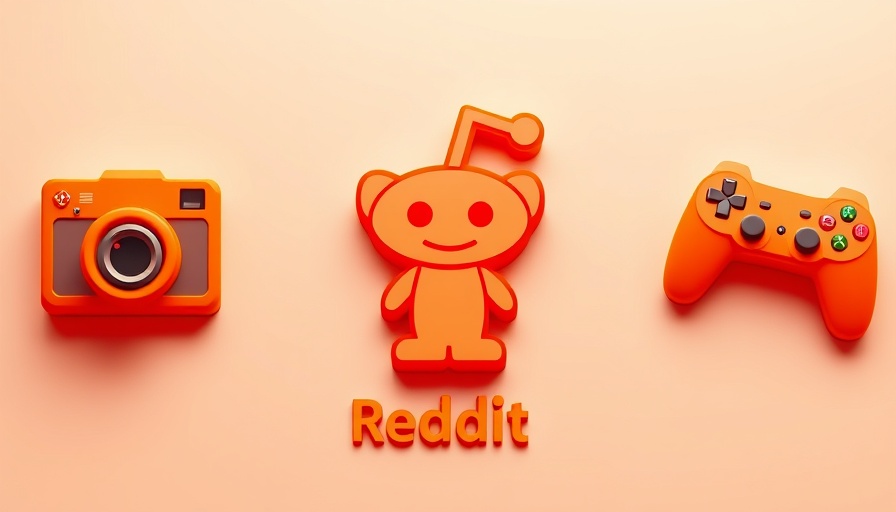
The Reality of Artificial Intelligence in Marketing
As the world of digital marketing evolves, it's tempting to jump on the bandwagon of the latest technology trends. Artificial Intelligence (AI) is no exception. However, while AI holds incredible potential, it’s essential to remind ourselves—and our clients—that it still has a long way to go before becoming a fully reliable tool in any marketing strategy.
What AI Can and Can’t Do
AI has started to revolutionize various aspects of digital marketing, from analyzing data to generating content. Tools leveraging AI can help businesses understand consumer behavior, streamline ad placements, and even automate customer interactions through chatbots. Yet, these advancements also come with limitations. Trusting AI solely can lead to inaccuracies, as it lacks human touch when interpreting contexts or emotional intricacies. Thus, relying on AI without human oversight may result in disconnected marketing strategies and missed opportunities for personal engagement.
Technological Limitations and Future Potential
When discussing AI with clients, it's crucial to convey that while the technology is rapidly advancing, the integration of AI into marketing practices requires cautious optimism. Current AI technologies can analyze vast data sets quickly, but they don’t fully grasp the nuances of storytelling or strategic thinking required for effective campaigns. The ability to create emotionally resonant content, or to intuitively adjust to unique consumer needs, remains a human forte that technology cannot replicate. Recognizing these limitations can help shape realistic expectations and strategic planning.
Case Studies in AI Limitations
Integrating AI can yield promising results, yet there are countless case studies showing its shortfalls. For instance, an automated content generation tool might produce grammatically correct but emotionally flat marketing copy that fails to engage audiences. Similarly, AI-driven advertising may misinterpret branding messages, leading to campaigns that don’t resonate with target demographics. By sharing these examples, marketers can explain to clients the need for a balanced approach that intertwines itself with human insight and creativity.
Strategies for Blending AI and Human Insight
To benefit from AI while mitigating its shortcomings, here are some effective strategies digital marketers can embrace:
- Human Oversight: Always review AI-generated content for emotional tone and strategic alignment. Make sure it resonates with brand voice and audience needs.
- Education: Invest time in educating clients about the capabilities and limitations of AI. This will facilitate informed discussions on how best to leverage AI while maintaining essential human elements in communications.
- Hybrid Strategies: Implement a blend of AI tools with traditional marketing strategies to create comprehensive campaigns that connect with consumers both emotionally and logically.
Looking Ahead: The Future of AI in Marketing
As AI technology continues to develop, it’s essential for marketers to stay informed about emerging trends and capabilities. Research indicates that AI will become increasingly sophisticated, enabling deeper insights into consumer behavior and preferences. As this happens, the key will be finding ways to harmonize these advancements with authentic human insight. Acknowledge that AI should be a supplemental tool rather than a replacement for human creativity and emotional intelligence in the marketing arena.
The Bottom Line for Marketers
For professionals in the digital marketing sphere, the main takeaway is to approach AI with a balanced mindset. Yes, it offers innovative solutions and productivity gains, but it is far from perfect. Keep the dialogue open about the evolving role of AI, and always prioritize the customer experience through human connection. This perspective is crucial for navigating the complexities of future marketing landscapes.
Ultimately, the integration of AI and human creativity holds the potential to reshape marketing as we know it. However, to capitalize on this potential, we must remember that while AI may assist, it cannot replace our ability to connect with and understand our audiences.
 Add Row
Add Row  Add
Add 




Write A Comment